EDIT. arvan (girl, daughter)
directed by Christina Matthaiou
Play performed in Greek
Extension of performances thanks to the warm response of the audience! “vaiza” will return to PLYFA for 3 more performances on January 18, 24 & 25.
The show that thrilled the audience and critics and stood out at last year’s Epi Colonos Off-Off Festival, returns for the second year, from December 4 and for only 10 performances, at the “PLYFA” theater in Votanikos.
Christina Matthaiou, in her first directorial venture, brings on stage the original work “vaiza” {ETYM. arvan
Mani, mid 19th century.
A young woman, Milia, is murdered by her father and brothers to wash away the shame of the family, after she was found “broken” on the first night of her wedding. She is buried alive in a stone pit at the entrance of the village. Only her head remains out of the soil until she dies. Now Milia has a voice. Now La Loba is giving her the chance to tell her story. To be reborn.
Without limiting itself to describing yet another femicide, the play explores the perspective of each of those involved. Six persons who have never spoken, captive to social dictates and formality, now speak.
Drawing material from the Greek tradition and the overall European and Balkan history, the show speaks about today.
Director’s Note
Remember that sound you hear when you’re under the surface of the sea? And as your oxygen runs out, and the force of the water pulls you out, you struggle to hold on. There. Inside her. Listen for a little while longer, this primitive sound that brings you back. In the womb of life.
They say that tears are made of sea water, so that when people cry, they can bring the sea closer to them. And let her, the great mother, come like this to accompany them when they need her.
When they are in pain, when they mourn but also when their happiness is so great that it causes the water in their body to rise, so much so that they are in danger of drowning. And they cry. To get the excess sea out of them.
“Don’t let sorrow become a tear, Don’t let pain become a cry…”
Have you ever noticed the cheeks of women who have lost children? It’s as if the sea cursed them to never dry up. To keep her there to keep them company.
“Not a drop will escape you for the dishonorable! He embarrassed us and he will pay. She should go unscathed.”
And the sweat? What is sweat?
Water too. Seafood. Because when the sea and the fire of love meet, they become sweat. Which comes out of the bodies in love, so that one of the other can know the sea. The sea that swells inside them.
But man is not only made of water.
It is also soil. Earth. Who expects you to return her children to her, when the sea dries up in them. And when she closes them in her bowels, again, by watering them with sea, she gives birth to them again.
“You have to listen to the soil. Smell it. Taste it.”
And the ashes? What is ash?
She is also a lover’s dust. Burned bodies, before the sea touched them to cool them. Voices. Where they don’t run out of air. And they are silent.
Losses. And presences that “exist in absence”.
“Have you ever seen the fire forbid the coals?”
And the ending? Death;
“The end does not recognize death”
Why “are you killed, lost, if you are thought of by a myriad of names?”
Water, earth and fire meet on stage. In a ritual of mourning and rebirth. A performance made with materials of land and tradition. A project entangled in roots that pull it to the past. And four voices. Air. Which carries the dusty memories of all our bloody history to the water. Which will wash them away and lead them to purification. Water will make them again.
“Because time is water. Water that sculpts the stone like the sea the rocks
(…)
And richer water than tears, none.”
Christina Matthaiou


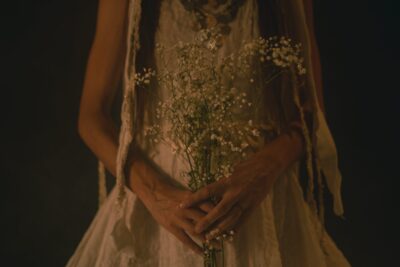
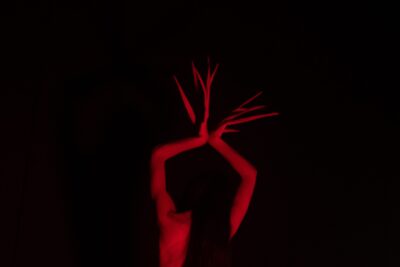
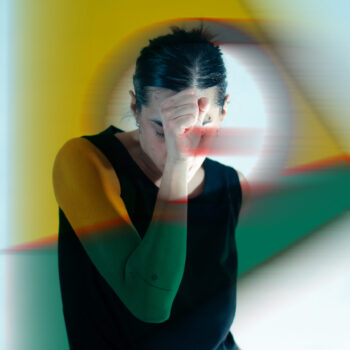 01
01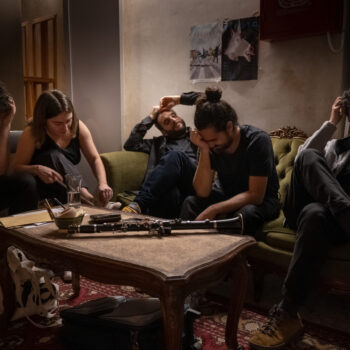 05
05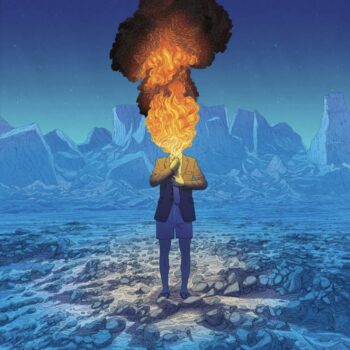 06
06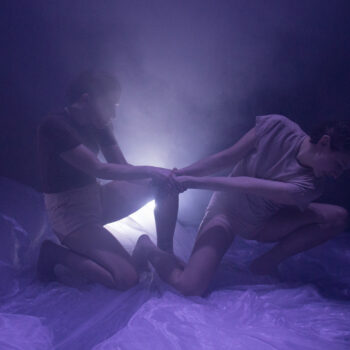 07—08
07—08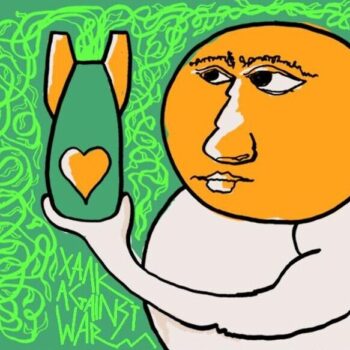 13
13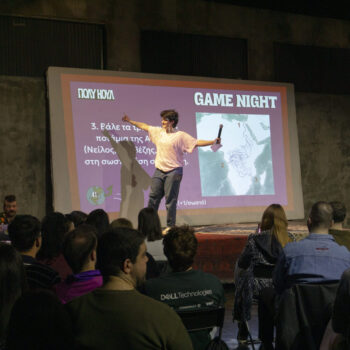 15
15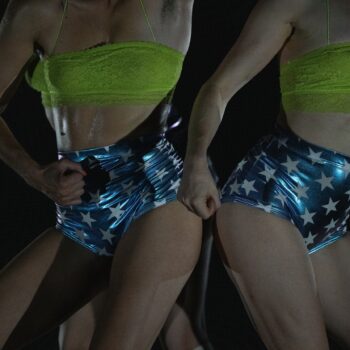 20 Feb—01 Mar
20 Feb—01 Mar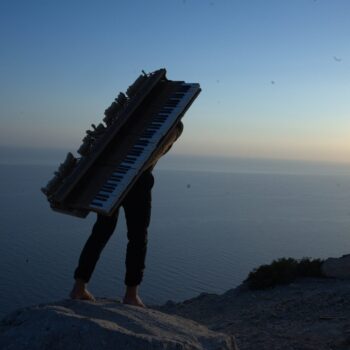 31 Jan—01 Mar
31 Jan—01 Mar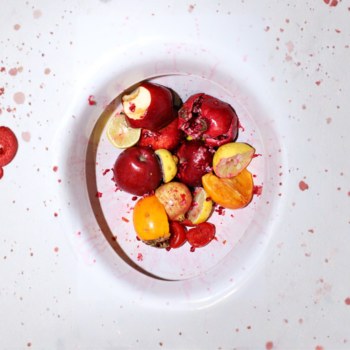 02 Feb—10 Mar
02 Feb—10 Mar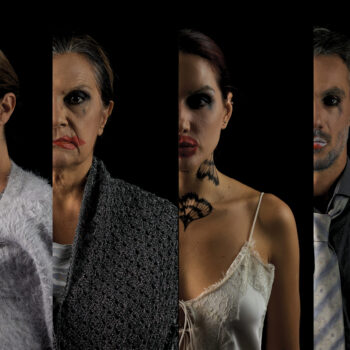 11 Feb—12 Mar
11 Feb—12 Mar 26 Jan—17 Mar
26 Jan—17 Mar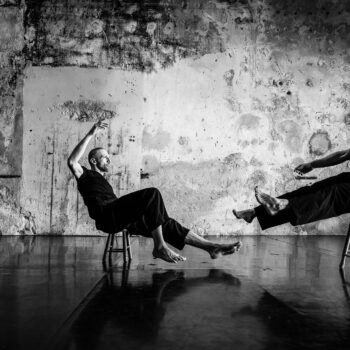 06—08
06—08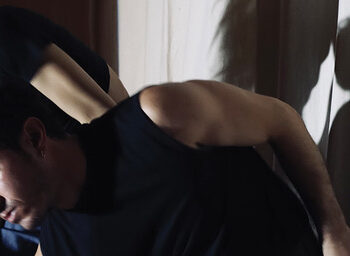 13—15
13—15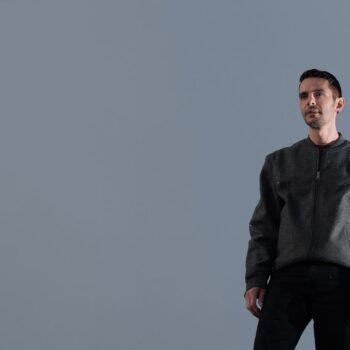 20
20 21—22
21—22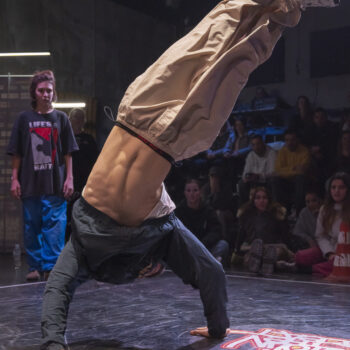 21—22
21—22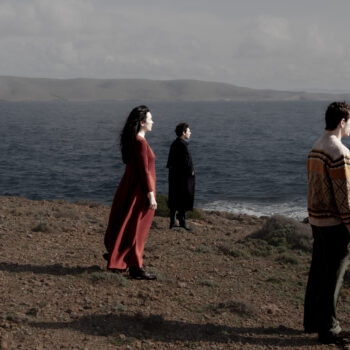 04—25
04—25 26—27
26—27